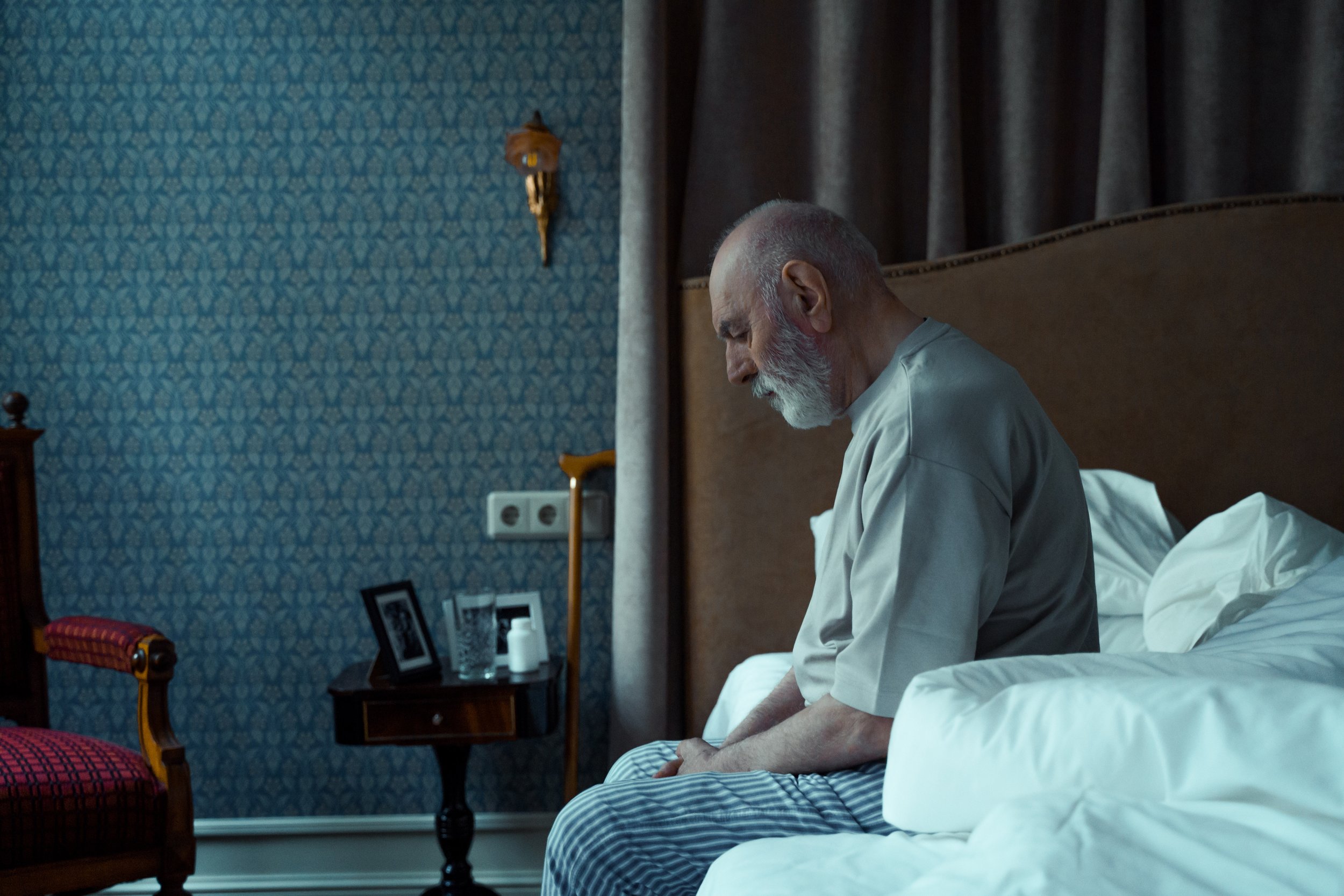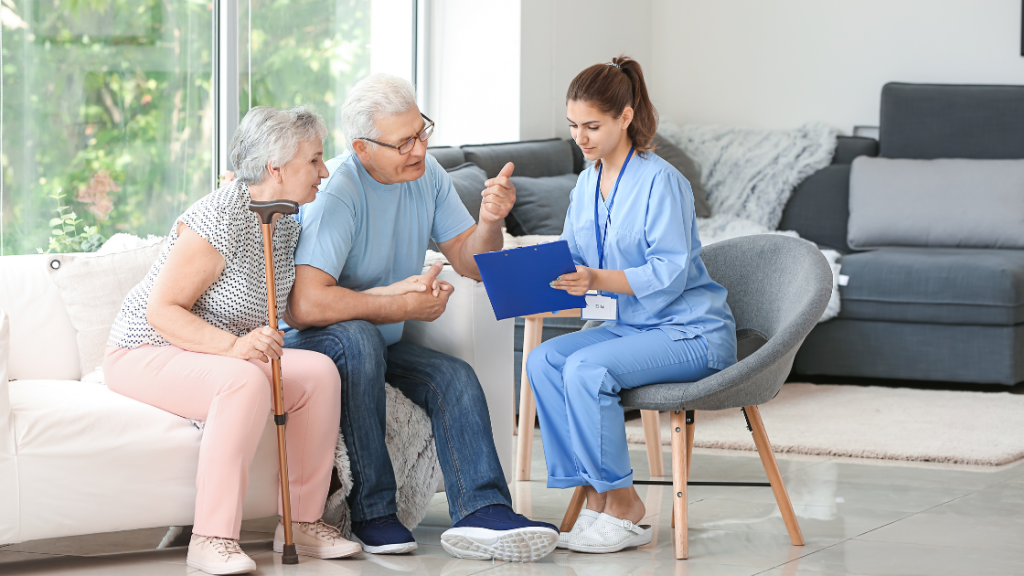Our bodies can sense natural light and adjust our sleep routine to the same. But the body clock of a person with dementia is damaged, so they end up feeling alert during the night and sleepy during the morning. Dysregulation of the sleep-wake cycle is called sundowning. Resulting in agitation, suspicion, wandering, hallucinations, and disorientation. As sundowning continues, the symptoms of those with dementia get worse.
Though it is not a disease but rather a syndrome (group of symptoms) for which the specific causes are unknown, multiple factors identified by researchers (Canevelli et.al, 2016) which can help us explain why sundowning occurs.
Factors Affecting Sundowning
-
The neurobiological factors show abnormalities in normal circadian rhythm (body clock) and an important element in melatonin is particularly low among older adults.
-
Experiencing constant tiredness, increased hunger, changes in body temperature, and abnormalities in blood pressure and glucose levels. These physiological changes can result in disturbed sleep routines too.
-
The environment also plays a role in sundowning, among those who had less exposure to sunlight, less availability of caregivers and overstimulation in the surrounding (loud noises) were seen to undergo sundowning.
-
Medical factors such as the existence of sleep and mood disorders, pain and sensory deprivation can also result in sundowning.
-
Finally, drugs such as antidepressants, antipsychotics and other anticholinergics may result in sleep disturbances.
Though the syndrome may sound complex, adequate and planned care can maintain a healthy sleep routine through which they can stay alert and coordinated and sleep better with less difficulty.
Exposing them to natural daylight
Staying outside during the daytime and dimming the lights during the evening can help restore a normal body clock. If not possible, install a lamp to create a bright light indoors as these devices have more or less the same effect as natural light on the individual.
Staying active during the day
Engaging in fun activities or being productive during the day will cause them to feel tired at night. These activities are best if it’s physical and done for 20-30 mins, a few times a day. You can even participate in some activities enjoyed by the individual, as this can facilitate creating a stronger bond. But avoid these activities in the evening since it might result in alertness during the night. Avoid long hours of screen time too. Also make sure that the person doesn’t take long naps during the day as it might affect the night time sleep.
Ensure the individual is well fed and hydrated
Make them have light meals and aren’t thirsty before sleep. To avoid them getting out of bed for water, keep a glass of water near the bed. If they get hungry at night, giving them milk or yoghurt will be a better option than food as it might become a habit. Avoid caffeine and smoking.
Create the bedroom to be sleep-friendly
The room is better if it’s quiet and dark. The temperature set in the room should be cool enough. Installing a clock that shows when it’s night/day will help if they get up later. Overall, keep a routine that involves being active during the day and employ some calming activities before going to sleep (listening to soft music or a glass of hot milk).
Visit our LinkedIn page for the latest updates on our company, including exciting developments and new offerings. Stay informed and connected with us as we continue to grow and provide valuable learning opportunities for professionals in caregiving industries.




